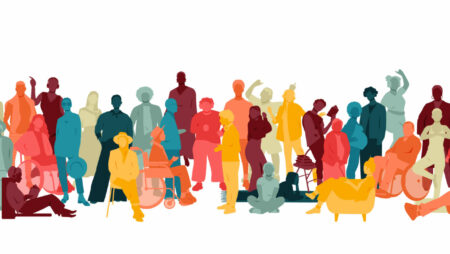
Conversations between governments and citizens in a digital society
This project seeks to understand how citizens listen and speak to public institutions, and how alternative AI-based models and framing might encourage democratic communication.
The Internet has transformed political behaviour, from voting and campaigning for policy change, to protest and even revolution. This poses a challenge to states, as political movements become more turbulent, unpredictable, and societies harder to govern.
To understand this radically transformed political world, we are re-examining the models and conceptual frameworks of political science and theory, and developing social data science methodologies to understand political behaviour.

This project seeks to understand how citizens listen and speak to public institutions, and how alternative AI-based models and framing might encourage democratic communication.

This project examines the fragmented legislations and legal landscape that governs the development, sale, and deployment of AI technologies used for government surveillance.
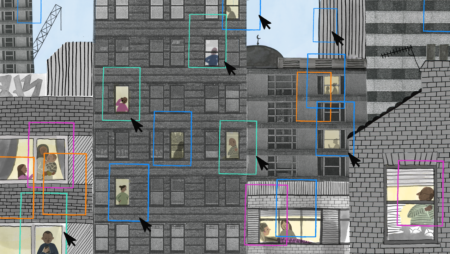
Based on a case-study analysis of bias in the Chicago Crime Prediction Algorithm, this project explores the extent to which evidence of algorithmic bias can be used to guide policy responses to the societal disparities replicated in these tools.


31 March 2025
The OII's Professor Mariarosaria Taddeo explores the digitalisation of defence and its intersection with liberal democratic values.
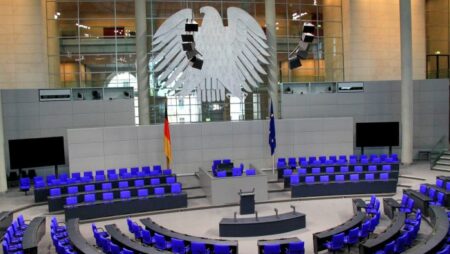
20 February 2025
This final article of the OII Elections series asks: What is the role of digital factors in Germany’s election?

3 February 2025
In Conversation with Professor Mariarosaria Taddeo, Oxford Internet Institute discussing the ethics of AI in defence.

Al Jazeera, 03 July 2025
"What’s the environmental cost of our increasing data usage?" asks Al Jazeera, in a new documentary featuring an interview with the OII's Dr Ana Valdivia.
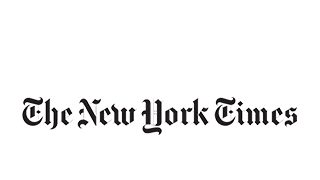
New York Times, 21 June 2025
As countries race to power artificial intelligence, a yawning gap is opening around the world, with commentary from Prof Vili Lehdonvirta.

The Economist, 27 May 2025
The lessons of the past are clear, argues the economic historian Prof Carl Benedikt Frey: in the long run, tariffs choke growth

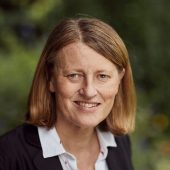
Professor of Society and the Internet
Helen Margetts is Professor of Society and the Internet, a political scientist specialising in digital government and politics. She was Director of the OII from 2011-18. She is a Professorial Fellow of Mansfield College.
The OII is home to some of the top academics studying digital politics and government, including Professor Helen Margetts. She is a political scientist specialising in the relationship between digital technology and government, politics and public policy. She is an advocate for the potential of multi-disciplinarity and computational social science for our understanding of political behaviour and development of public policy in a digital world.
She has published over a hundred books, articles and policy reports in this area, including Political Turbulence: How Social Media Shape Collective Action (with Peter John, Scott Hale and Taha Yasseri, 2015); Paradoxes of Modernization (with Perri 6 and Christopher Hood, 2010); Digital Era Governance (with Patrick Dunleavy, 2006, 2008); and The Tools of Government in the Digital Age (with Christopher Hood, 2007).
Professor Margetts joined the OII in 2004 from University College London where she was a Professor in Political Science and Director of the School of Public Policy. She began her career as a computer programmer and systems analyst with Rank Xerox after receiving her BSc in mathematics from the University of Bristol. She returned to study at the London School of Economics and Political Science in 1989, completing an MSc in Politics and Public Policy in 1990 and a PhD in Government in 1996. She worked as a researcher at LSE from 1991 to 1994 and a lecturer at Birkbeck College, University of London from 1994 to 1999.

Research Associate
In 2022 Jonathan Bright became the Head of AI for Public Services at the Turing Institute, having previously been a faculty member of the OII. A political scientist, he specialises in computational and ‘big data’ approaches to the social sciences.

Associate Professor, Senior Research Fellow
Dr Scott A. Hale is an Associate Professor, Senior Research Fellow, and Turing Fellow. He develops and applies computer science techniques to the social sciences focusing on increasing equitable access to quality information.

Professor of Internet Studies
Philip N. Howard is a professor of sociology, information, and international affairs. He is Director of the Programme on Democracy and Technology, and is a Professorial Fellow of Balliol College.